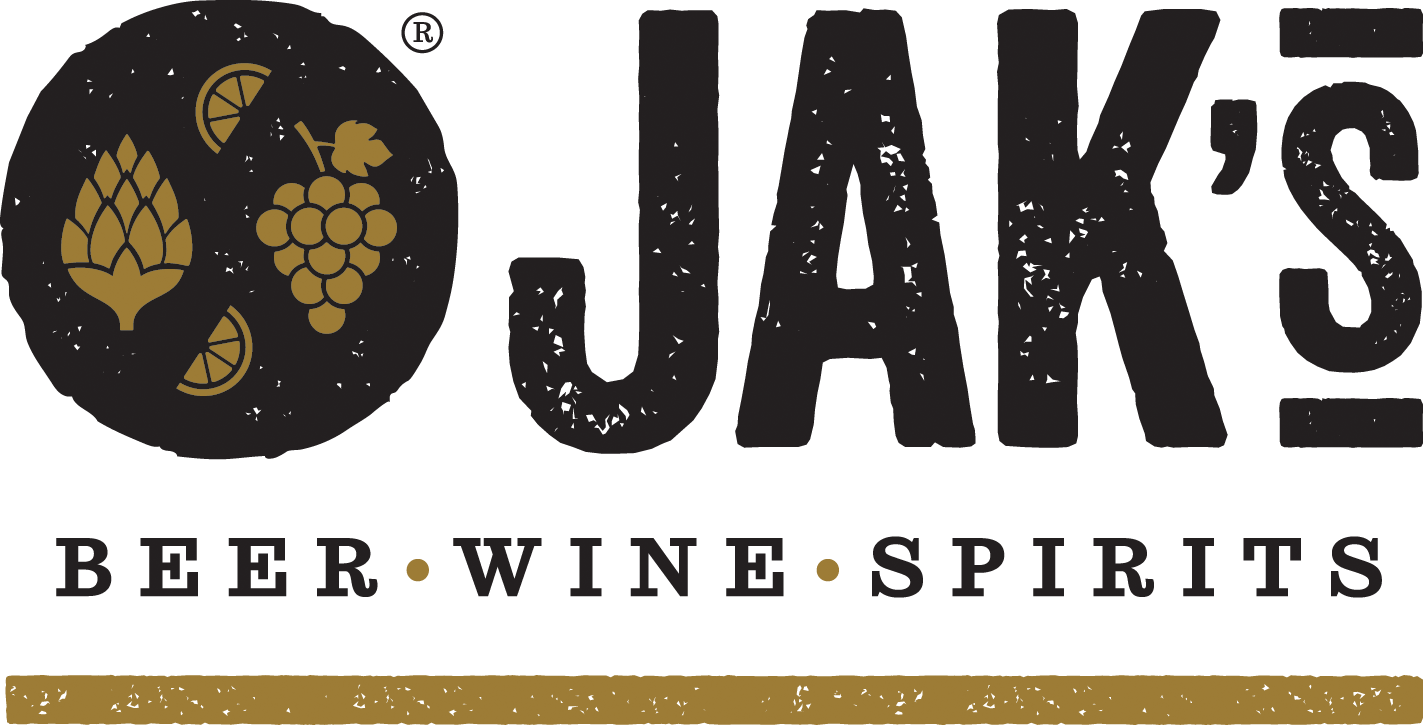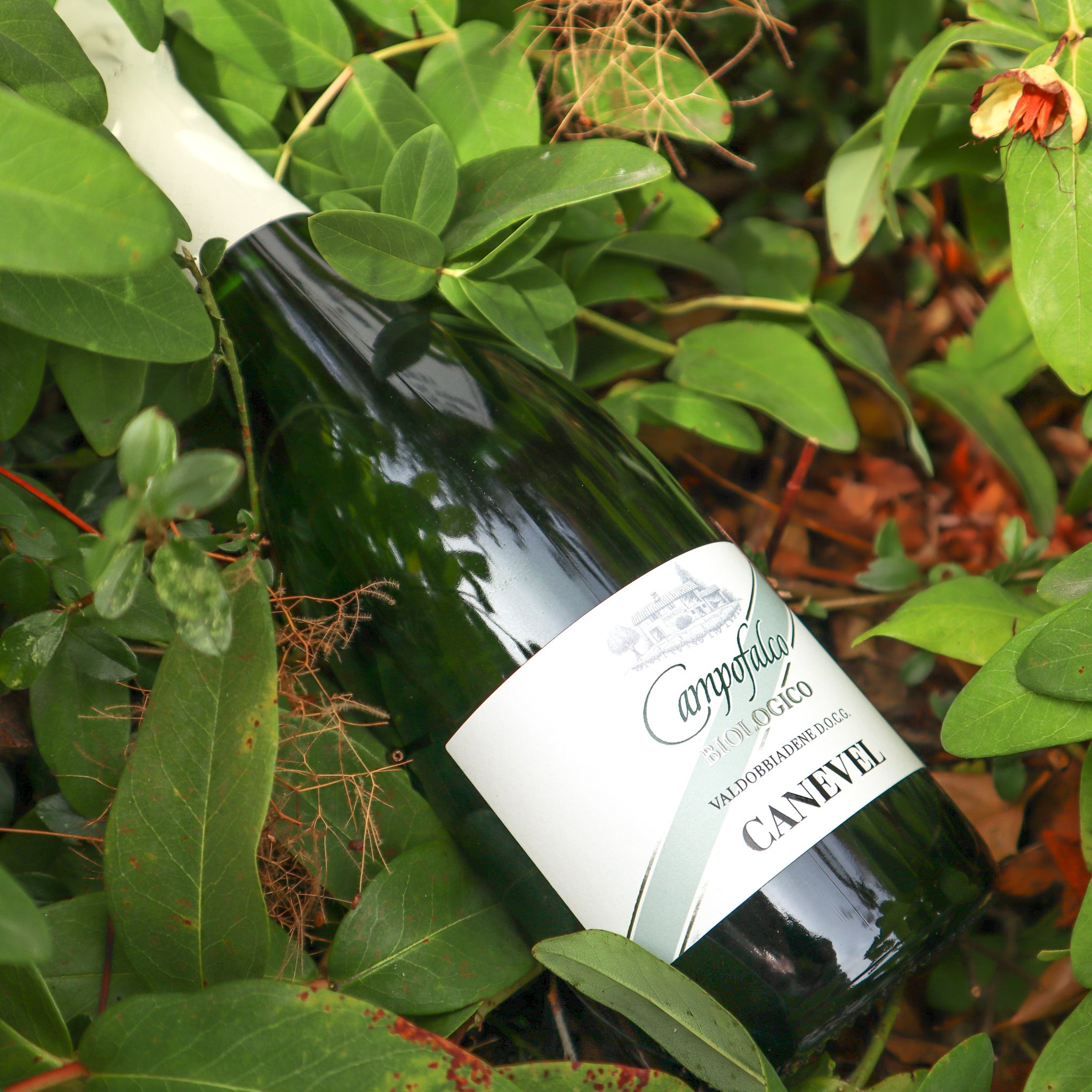Sustainable and Minimal-Intervention Wines
In recent years the wine market has seen a significant increase in the demand for sustainable and minimal intervention wines, however the differences might not always be clear at first glance.
As the harvest is about to begin in many parts of the world, let’s explore how organic, natural and biodynamic producers work in the vineyards, as well as in the cellar.
Defining Organic Wines
A wine can be defined as organic when it is made with the use of organic grapes, that is, grown without the use of chemical pesticides and herbicides. The requirements for the vinification in the cellar differ, with the USDA (United States Department of Agriculture) not allowing any use of sulphites, while certification bodies in EU and Canada set a limit to the number of sulphites allowed depending on the style of wine.
Organic producers may decide to harvest the grapes manually or, especially in the case of larger wineries, adopt mechanical harvesting, which involves the use of tractors which cuts labour costs.
What About Biodynamic Wines?
In more recent times, together with the already consolidated presence of organic wines, there is a growing demand for biodynamic wines. Compared to organic wines, biodynamic wines do not actually have a specific legislation but are rather inspired by the principles of biodynamic agriculture, which is based on the teachings of the philosopher Rudolf Steiner.
The basic principle behind biodynamic farming is the rigorous respect for nature and its seasonal cycles, following the phases of the moon and adopting a holistic approach that considers the soil and the life that develops on it as a single system.
In the vineyards the preparations used are exclusively of natural origin and can be compared to homeopathic medicines, intended to prevent the formation of diseases in the vineyard. Some examples are “Preparation 500", made with bovine manure, and “Preparation 501", made from powdered quartz.
Biodynamic production requires the adoption of stricter criteria in the cellar compared to organic wines. They have their own certification bodies and logo (the best known is “Demeter”) which guarantee that the wine is made in compliance with the principles of biodynamic agriculture.
Lastly, Let’s Learn About Natural Wines
Natural wines follow minimal intervention practices and are normally not certified by any regulatory system. Winemakers avoid any chemical additives and man-made manipulations. Nothing is added and nothing is removed in the production of the wine, apart sometimes from a very minimal (if necessary) use of sulphites. Also, wines are made with indigenous yeasts and are not fined or filtered.
Examples of natural wines are the so-called “orange wines”, today widely popular among wine lovers. They are produced with white grapes, but are made like reds, keeping the skins in contact with the must for a period ranging from a few hours to months. Some orange wines are very complex and food friendly.
With the rise of climate change an increasing amount of minimal intervention practices are being adopted by wineries worldwide. Among these, regenerative farming, which aims to increase soil strength and fertility while minimizing the carbon footprint, is growing in popularity.
Now let’s explore some organic, natural and biodynamic wines available at JAK’s.
Elios Modus Bibendi Macerato 2019 (Natural, Orange Wine)
Sicily, Italy - $48.99
A fine orange wine from Sicily made with Zibibbo, Grillo and Cataratto grapes. Quite complex with aromas of bergamot, lemon peel, apricot and orange. Have it with aged cheeses as cheddar and grilled duck.
Campofalco Biologico Prosecco Valdobbiadene Brut (Certified Organic)
Veneto, Italy - $36.99
High-quality Prosecco from the Valdobbiadene hills, with aromas of pear and lemon. Ideal as aperitif. Pairs well with spicy food, quesadilla and creamy cheeses as goat brie.
Averill Creek Joue Rose (Natural Wine)
British Columbia, Canada - $29.99
Savoury natural rose with bright acidity from Vancouver Island. It displays notes of raspberry, cherry and cranberry. Ideal with beetroot salad or pasta with almond and sage pesto.
Reyneke Cornerstone Red (Certified Organic & Biodynamic)
Stellenbosch, South Africa - $41.99
A blend of Cabernet Sauvignon, Cabernet Franc and Merlot. This rich South African red shows a bouquet of licorice, violet, black berry and rhubarb. Excellent with grilled steak.
Giuseppe De Cesare was born and raised in Italy, he has lived in UK, France, Italy and Canada. AIS Sommelier and WSET 3 certified, he runs FoodTravelCulture, a gastronomic website and blog which provides introductory courses on food and wine pairing. He is the wine specialist at JAK’s South Granville.






